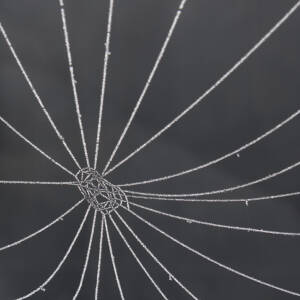Lost wax
I bought this magnificent bronze cockerel about 25 years ago from a friend I'd met in Cameroon when I lived there. He earned his living by buying family heirlooms, or so his marketing patter told me, from people who needed the money more than their heritage, then bringing them to Europe to sell. His best market was Switzerland, followed by Germany, but he had enough customers in the UK for it to be worth his while to come and stay with me once a year. I thought that by buying the little I could afford I was contributing to his family's livelihood.
A little later I was sent by the International African Institute (based at London University's School of Oriental and African Studies (SOAS)) to Dakar for an extraordinary and memorable week to do some work with the West Africa Museums Programme. Even there the colonialist implications of what I'd done didn't hit me. It wasn't until Jesus College, Cambridge publicised the returning of the Benin bronze cockerel they were given in 1905 that I started thinking things through coherently and wondering whether I should return the very lovely bits of west African art in my care to their rightful home, and if so how.
I have absolutely no idea how much this cockerel is worth in money terms nor even if it has enough artistic or cultural value to be worthy of a museum. But every bronze made by the lost wax technique, which I watched happening when I was in Cameroon, is unique so even if it is the modern copy I suspect it to be, rather than 'a family heirloom' it has no equal.
Meanwhile, until I find out where it rightfully belongs, it brightens every morning.

Comments
Sign in or get an account to comment.


